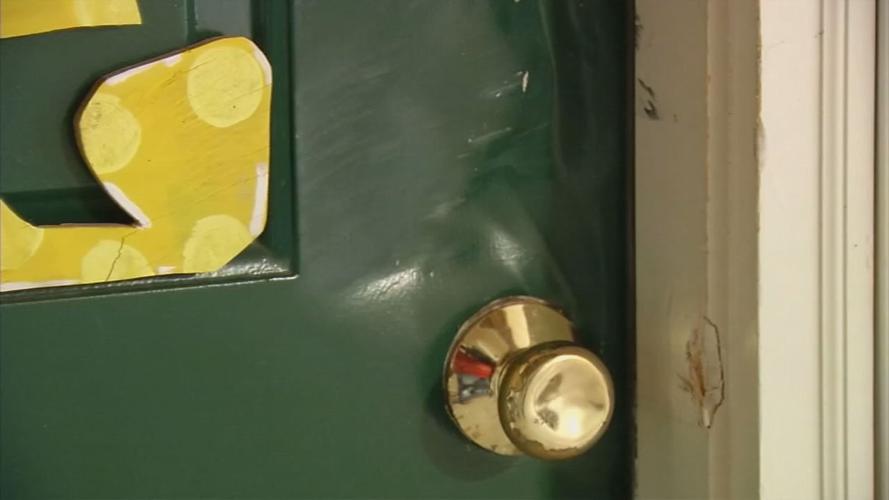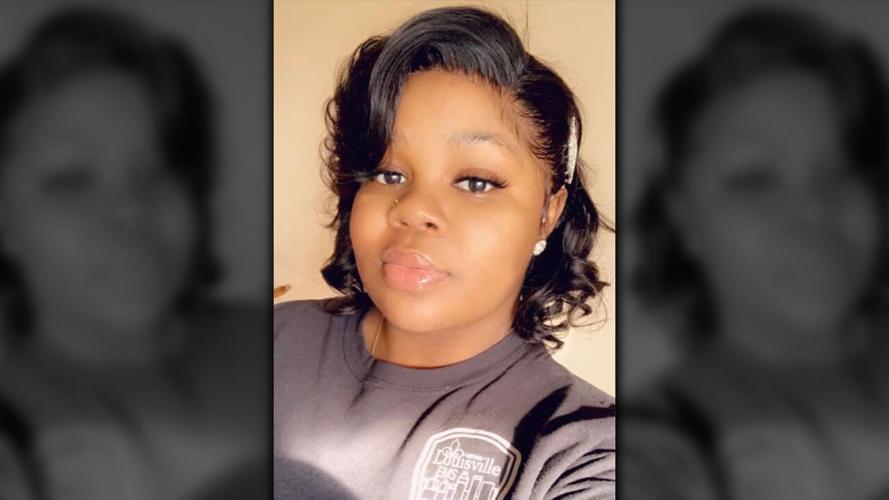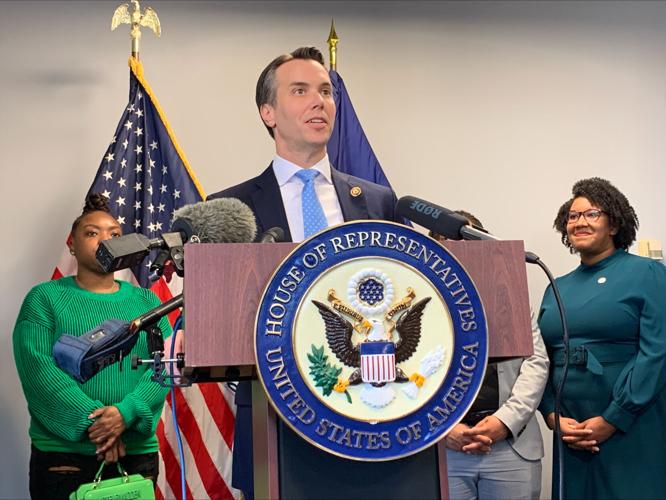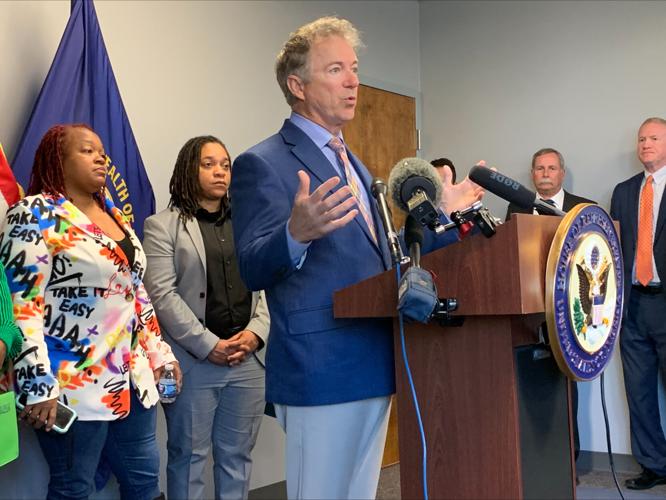LOUISVILLE, Ky. (WDRB) -- U.S. Sen. Rand Paul of Kentucky and Louisville Rep. Morgan McGarvey on Monday announced legislation that would prohibit the use of no-knock warrants around the country, a bill Paul first tried to pass in 2020 following the flawed police raid that led to the death of Breonna Taylor.

Breonna Taylor. Image courtesy of family.
"It’s a tragedy that it took this horrific death to bring this about," Paul said at a press conference Monday morning. "Many people I follow … have been critical of no-knock raids for years. ... It is a mistake. There is a better way of doing things."
Paul initially filed the legislation, called the "Justice for Breonna Taylor Act," in June 2020, named after the 26-year-old who was shot and killed March 13 of that year when police burst into her apartment as part of a series of raids looking for Jamarcus Glover, the center of a narcotics probe.
The legislation never made it out of committee. But Paul said this time there is bipartisan support, including Sen. Cory Booker, D-N.J.
"I'm very hopeful this will move forward," he said of the legislation.
Twenty-nine states already restrict or ban no-knock warrants.
Tamika Palmer, Breonna Taylor's mother, thanked legislators for continuing to push for change.
“I thank you all for the work you are doing and continue to do," she said. "It's been hard, it contlines to be hard, but I still fight and I still make sure that what happened to Breonna doesn't happen again. That's really what's important here."
Taylor was inside the apartment with her boyfriend, Kenneth Walker, who believed the couple was being robbed and fired a shot that hit an officer in the leg.
Police responded with 32 shots, hitting Taylor six times. No drugs were found at the scene.
Paul, McGarvey, a Democrat from Louisville and Palmer, among others, announced the legislation this morning at the Romano Mazzoli Federal Building in Louisville.
The legislation would prohibit state or local law enforcement agencies that receive funds from the Department of Justice from executing a warrant "that does not require the law enforcement officer serving the warrant to provide notice of his or her authority and purpose before forcibly entering a premises."
Louisville’s Metro Council passed "Breonna's Law" in June 2020, banning the use of no-knock warrants, which allow police to enter a home without announcing their presence. Kentucky Gov. Andy Beshear signed a bill into law in 2021 limiting the use of no-knock warrants.
Both McGarvey and Paul said they believe if a no-knock warrant had not been signed off on, Taylor could still be alive.
"Everything that happened on March 13, 2020 was wrong," McGarvey said. "They went wrong because of a legal structure that allowed so much of it to happen, that was in the no-knock warrant that was issued. If there was no no-knock warrant that happened that night, I don't think it would have been carried out that way."
Paul said he is doing this "not only because I care about the people behind the door. I also care about the police. I think it's a very dangerous raid for police to take. There's a lot of better ways to arrest people than going in in the middle of the night."
McGarvey said what happened in Louisville is not "an isolated incident in our community or in our country. Dozens of civilians and law-enforcement officers have died during no-knock raids across the United States."
While Louisville police obtained a no-knock warrant from a judge for the Breonna Taylor raid, there is a disagreement about whether they knocked and announced themselves.
Officers at the raid said police repeatedly knocked on Taylor’s door and announced their presence. But several neighbors and Walker have said they never heard anything until former officers Myles Cosgrove, Brett Hankison and Jonathan Mattingly used a battering ram to break into the home around 1 a.m.
Police were either not wearing body cameras or did not have them turned on during the raid.
Former LMPD Det. Joshua Jaynes applied for the no-knock warrant on Taylor's apartment, which Jefferson Circuit Judge Mary Shaw signed March 12. The warrant on Taylor's residence indicated police were looking for drugs, money, weapons, "paperwork that may be a record of narcotic sales" and any electronic records that may be evidence of drug trafficking.
Paul criticized Shaw on Monday, saying she made an "incorrect, bad" decision in signing the no-knock warrant. "The judges need to be more conscious of what they are doing."
Shaw was voted out of office in 2022.
The warrant for Taylor's home was executed around the same time that police served other warrants on suspected drug houses in the city's west end — some 10 miles away.
The killing of Taylor, a Black woman, prompted national scrutiny and protests throughout the country.
"Breonna Taylor's death will not be in vain," McGarvey told reporters.
The U.S. Department of Justice charged four former Louisville police officers with federal crimes in connection with the fatal raid, including for lying on the warrant used to raid Taylor’s home.
The city settled a wrongful-death lawsuit filed by Taylor's family for $12 million.
Related stories:
- Process to reverse bad policing practices in Louisville began 1 year ago with release of DOJ report
- City of Louisville, LMPD officials begin negotiations with DOJ for police reforms
- Greenberg releases details of Louisville police incidents reviewed by DOJ
- DOJ investigation cites more than 60 different examples of alleged misconduct by Louisville police
- Brett Hankison will not replace legal team for retrial on charges stemming from Breonna Taylor raid
- Gov. Beshear signs no-knock warrant bill, other legislation into law
Copyright 2024 WDRB Media. All Rights Reserved.


















